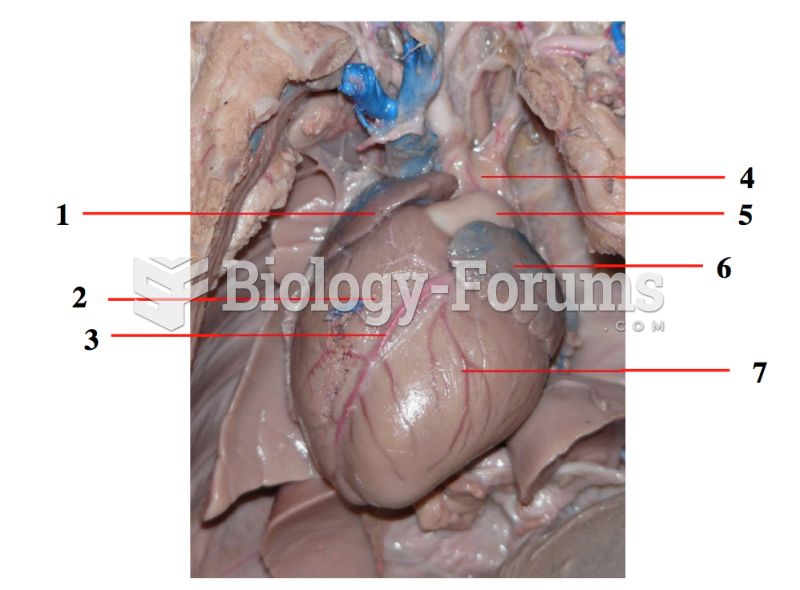Answer to Question 1
A major reason that the mother's pre-pregnancy nutrition is so crucial is that it determines whether her uterus will be able to support the growth of a healthy placenta during the first month of gestation. The placenta is both a supply depot and a waste-removal system for the fetus. If the placenta works perfectly, the fetus wants for nothing; if it doesn't, no alternative source of sustenance is available, and the fetus will fail to thrive. The placenta is a mass of tissue in which maternal and fetal blood vessels intertwine and exchange materials. The two bloods never mix, but the barrier between them is notably thin. Across this thin barrier, nutrients and oxygen move from the mother's blood into the fetus's blood, and wastes move out of the fetal blood to be excreted by the mother. Thus, by way of the placenta, the mother's digestive tract, respiratory system, and kidneys serve the needs of the fetus as well as her own. The fetus has these organ systems, but they do not yet function. The umbilical cord is the pipeline from the placenta to the fetus. The amniotic sac surrounds and cradles the fetus, cushioning it with fluids. The placenta is an active metabolic organ with many responsibilities of its own. It actively gathers up hormones, nutrients, and protein molecules such as antibodies and transfers them into the fetal bloodstream. The placenta also produces a broad range of hormones that act in many ways to maintain pregnancy and prepare the mother's breasts for lactation. A healthy placenta is essential for the developing fetus to attain its full potential.
Answer to Question 2
Women who receive early and repeated breastfeeding information and support breastfeed their infants longer than other women do. Information and instruction are especially important during the prenatal period when most women decide whether to breastfeed or to feed formula. Nurses and other health care professionals can play a crucial role in encouraging successful breastfeeding by offering women adequate, accurate information about breastfeeding that permits them to make informed choices.







